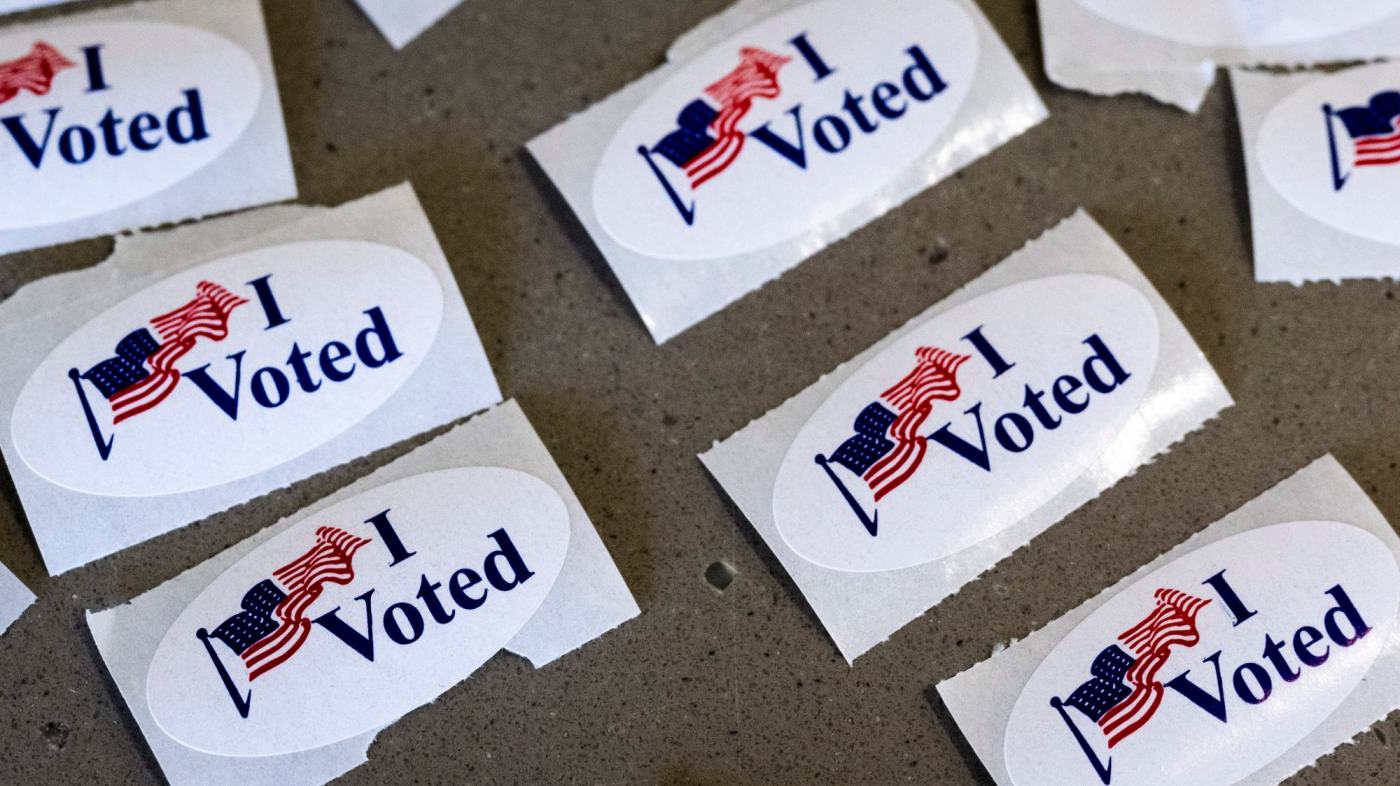Politics
California Criminalizes Paying for Votes to Enhance Election Integrity

California has taken a significant step towards safeguarding the integrity of its electoral process by criminalizing the practice of paying individuals to vote or register to vote. On October 2, 2025, Governor Gavin Newsom signed two pivotal election reform bills into law, one of which specifically targets the offering of money or prizes for voting.
The legislation, spearheaded by State Senator Tom Umberg of Santa Ana, aims to prevent wealthy individuals or special interest groups from exerting undue influence over voter participation. This move follows controversial incidents, such as the reported payment of $1 million to select Wisconsin voters by Elon Musk during a crucial state Supreme Court election earlier in the year.
Under the new law, violators can face severe penalties, including fines of up to $10,000 and potential imprisonment for up to five years. This decisive action received broad bipartisan support within the California Legislature, highlighting a collective commitment to maintaining fair electoral practices.
Key Reforms in California’s Election Laws
In addition to the criminalization of voter payment, Newsom also approved another bill from Umberg that will allow California voters to decide in the upcoming election in November 2026 whether to lift the statewide prohibition on public financing of campaigns. Currently, only charter cities like Los Angeles, Long Beach, and San Francisco can establish public funding programs for elections, but this change could pave the way for broader implementation across the state.
Supporters of the legislation argue that lifting the ban on public financing would provide candidates with alternatives to relying solely on wealthy donors for campaign funding. Umberg expressed that the laws reinforce California’s dedication to maintaining a democratic process that is accessible to all citizens.
Umberg stated, “California has sent a clear message: Our democracy belongs to the people. These laws are protecting voters from manipulative schemes and empowering communities to decide how campaigns are financed in our state.”
Despite the support, the legislation faced opposition from some Republican lawmakers who raised concerns about potential taxpayer funding of political activities that some citizens may not endorse.
Governor Newsom Addresses National Concerns
In announcing the new laws, Governor Newsom did not shy away from critiquing the previous administration under former President Donald Trump, asserting that the principles of democracy are under threat at the national level. He remarked, “California is the most diverse state in the world’s most diverse democracy. Right now, our founding ideals and values are being shredded before our eyes in Washington, D.C., and California will not sit idle.”
Newsom emphasized the importance of these reforms in safeguarding the voices of Californians and enhancing civic engagement. His office’s press release also included references to various actions taken by the Trump administration that Newsom argued undermined democratic values.
As California prepares for the implications of these new laws, the emphasis remains on reinforcing the belief that elections should be free from corruption and accessible to every voter. The upcoming vote in November 2026 will serve as a critical moment for the state’s future approach to campaign financing, reflecting California’s ongoing commitment to a fair and equitable democratic process.
-

 Lifestyle5 months ago
Lifestyle5 months agoLibraries Challenge Rising E-Book Costs Amid Growing Demand
-

 Sports4 months ago
Sports4 months agoTyreek Hill Responds to Tua Tagovailoa’s Comments on Team Dynamics
-

 Sports4 months ago
Sports4 months agoLiverpool Secures Agreement to Sign Young Striker Will Wright
-

 Lifestyle4 months ago
Lifestyle4 months agoSave Your Split Tomatoes: Expert Tips for Gardeners
-

 Lifestyle4 months ago
Lifestyle4 months agoPrincess Beatrice’s Daughter Athena Joins Siblings at London Parade
-

 Science4 months ago
Science4 months agoSan Francisco Hosts Unique Contest to Identify “Performative Males”
-

 World4 months ago
World4 months agoWinter Storms Lash New South Wales with Snow, Flood Risks
-

 Science5 months ago
Science5 months agoTrump Administration Moves to Repeal Key Climate Regulation
-

 Business5 months ago
Business5 months agoSoFi Technologies Shares Slip 2% Following Insider Stock Sale
-

 Science5 months ago
Science5 months agoNew Tool Reveals Link Between Horse Coat Condition and Parasites
-

 Sports4 months ago
Sports4 months agoElon Musk Sculpture Travels From Utah to Yosemite National Park
-

 Science5 months ago
Science5 months agoNew Study Confirms Humans Transported Stonehenge Bluestones









